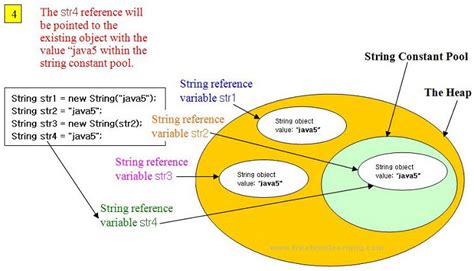Here is the article on Ethereum: When to use constant and immutable:
When to Use constant and immutable in Ethereum
When writing smart contracts on the Ethereum blockchain, developers need to carefully consider when to use the constant and immutable keywords. In this article, we will explore the differences between these two keywords and provide scenarios where one or both of them are suitable.
constant Keyword
The constant keyword is used to declare variables that should not be changed after initialization. These variables can be used for constant calculations, caching, or other purposes where the value remains the same throughout the contract’s lifetime.
// uint256 public constant MINIMUM_USD = 50 * 1e18;
Here are a few scenarios where constant is useful:
- Calculating constants: If you need to calculate a specific value that doesn’t change over time, use
constant.
- Caching data: If the contract needs to cache frequently accessed values, use
constant.
- Returning constants: When returning constants from functions, use
constant.
immutable Keyword
The immutable keyword is used to declare variables that can never be changed after initialization. These variables are immutable by design and should not be modified after creation.
// uint256 public immutable MINIMUM_USD;
Here are a few scenarios where immutable is useful:
- Creating constants: If you need to create constants with a specific value, use
immutable.
- Creating immutable structs: If you’re using a struct and want to ensure its fields cannot be changed after creation, use
immutable.
- Guarding variables: When guarding variables to prevent accidental changes, use
immutable.
Key Differences
Here are the key differences between constant and immutable:
|
Keyword

|
Purpose |
Use Case |
| — | — | — |
| constant | Calculations, caching, returning constants | Calculating constant values that don’t change over time. |
| immutable | Immutable variables that cannot be changed after initialization | Creating immutable structs or guarding variables to prevent accidental changes. |
In conclusion, use the constant keyword when calculating constants or caching data that remains the same throughout the contract’s lifetime. Use the immutable keyword when creating immutable variables that should not be modified after initialization.
By applying these guidelines and best practices for using constant and immutable, you can write more efficient, readable, and maintainable smart contracts on the Ethereum blockchain.
